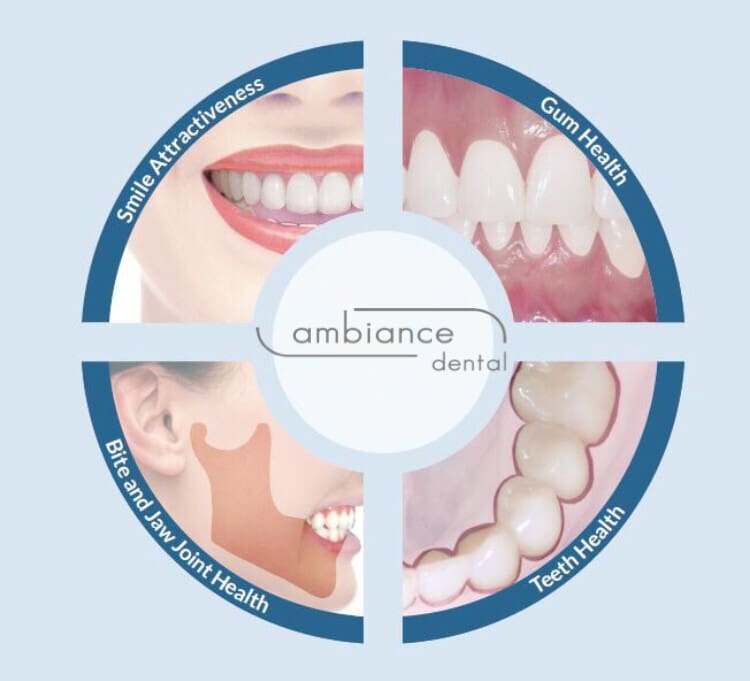Sleep apnea causes repeated breathing interruptions during sleep. These pauses lower oxygen levels and disturb your rest. Many people focus on fatigue or heart problems when thinking about sleep apnea. A dentist can often detect signs of sleep apnea through symptoms like teeth grinding, jaw pain, or a dry mouth.
Teeth Grinding and Jaw Strain
Many people with sleep apnea grind their teeth at night. This behavior, called bruxism, may help the body reopen a blocked airway. Over time, grinding wears away tooth enamel and strains your jaw muscles. You may wake up with headaches or jaw pain.
Worn-down teeth often feel more sensitive to hot and cold. If ignored, this can lead to broken teeth or gum recession. A dentist can often detect bruxism by looking for flattened teeth or damaged dental work.
Dry Mouth and Bacterial Growth
People with sleep apnea often breathe through their mouths while sleeping. Mouth breathing dries out the oral tissues and reduces saliva flow. Saliva helps wash away bacteria and balance acid levels. Without it, bacteria grow faster and cause tooth decay.
Dry mouth also raises the risk of gum disease and bad breath. Gums may appear red, swollen, or bleed when brushing. The tongue can feel sticky or coated in the morning. Staying hydrated and using oral rinses can improve comfort and hygiene.
How A Dentist Help Detect Sleep Apnea
Dentists check more than just cavities during exams. They may ask about snoring, mouth breathing, or feeling tired during the day. These signs help them decide whether a sleep disorder might exist.
If they suspect sleep apnea, they will refer you to a sleep specialist. A sleep study may follow to confirm the diagnosis. Dentists and sleep doctors often work together on treatment. Early care can improve both your sleep and oral health.
Oral Devices for Better Sleep
For individuals with mild or moderate sleep apnea, oral appliances may offer an effective alternative to traditional treatments. These custom-fitted devices, created by dentists, work by gently shifting the jaw forward. This slight repositioning helps keep the airway open, making breathing easier throughout the night. As a result, patients often experience reduced snoring and fewer breathing interruptions during sleep.
Compared to CPAP machines, oral appliances are smaller, quieter, and often more comfortable. Many patients find them easier to use and more natural to wear. When used consistently, these devices can improve airflow, leading to deeper, more restful sleep and even healthier gums. In addition, dentists can address related concerns like jaw pain, further enhancing both oral health and sleep quality.
Take Charge of Your Sleep and Smile
Daily care matters when living with sleep apnea to support both restful sleep and oral health. Brush twice daily with fluoride toothpaste, floss every night, and drink water often to stay hydrated. A cool-mist humidifier can ease dry mouth, while avoiding alcohol or caffeine helps prevent dryness and poor sleep. Early action can lead to better sleep and a healthier smile. Contact a dentist today. Visit regularly and talk about any symptoms that you have.
- mylovelyfurryfriend discover expert tips on dog health
- Infectious Diseases Updates – Stay Informed, Stay Protected!
- Wegovy For Weight Loss – A Breakthrough in Managing Obesity!
- Emergency Medicine Forum – A Hub for Fast-Paced Knowledge, Support & Updates!
- Pediatrics Discussions – Insights, Challenges, and Expert Advice for Better Child Health!





Leave a Reply